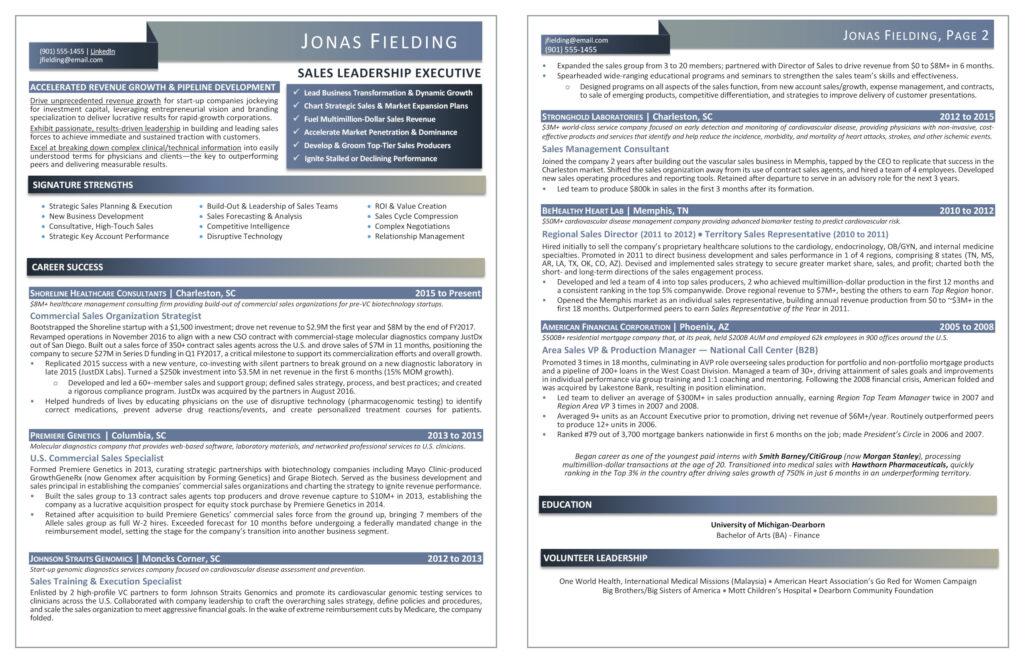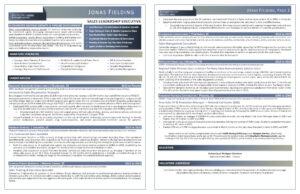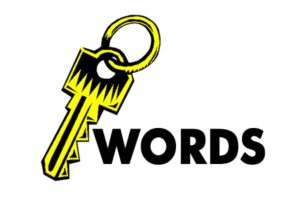
Informational Interviews Can Help You Get Your Foot in the Door
The employment landscape is changing at breakneck speed, and if you are serious about keeping up, let’s talk informational interviews. They are a great way to see what’s happening at the companies you are interested in.
Informational interviews (as opposed to conventional job interviews where the objective is to get hired) are a lot more like professional coffee conversations☕—a chance to gain knowledge from a person who is already employed in an industry, job, or firm. Informational interviews can provide insider information, enhance your professional network, and even create opportunities you were not aware of.
So, let’s get down to it: the good, the not-so-good, and how to set up an informational interview.
Why Informational Interviews Are a Game-Changer
🎯 1. You Get Insider Intel
Of course, you can Google job descriptions or browse company websites—but there’s no substitute for straight talk from someone who’s actually doing the work. Informational interviews provide a first-hand glimpse into what a job is really like, the challenges professionals are up against, and where the field is going.
🤝 2. You Build a Stronger Network
We’ve all heard the phrase, “It’s not what you know, but who you know.” Well, this is your chance to grow your professional circle! When you connect with industry professionals, you’re not just learning from them—you’re also making an impression. And who knows? Down the road, they might think of you when an opportunity opens up.
🔍 3. You Discover New Career Paths
Have you ever had that ah-ha moment when you learn there’s a job out there that’s ideal for you—but you didn’t even know it was out there? Informational interviews reveal various career options, making you aware of what’s available beyond the job titles you’ve already thought of.
🗣 4. You Get Better at Interviewing
Think of this as a low-risk opportunity to practice your professional conversation skills. The more you practice these conversations, the more articulate and confident you will be—so when you actually do have an interview, you’ll be prepared and polished.
🎟 5. You May Learn About Unadvertised Job Vacancies
Here’s a secret: All jobs are not advertised online. Certain positions are filled through networking before they are ever listed on a job board. If you are having quality conversations with professionals, you may be alerted to an opportunity before it is publicly announced.
The Flip Side: Informational Interview Challenges
⏳ 1. They Can Be Time-Consuming
I get it—identifying the right individuals, then contacting them, and getting up the courage to schedule them does take work (and some mental coercion 😂. You will require patience and persistence, but believe me, the reward is worth it.
🚫 2. Don’t Plan On Instant Job Offers
This doesn’t mean that you are being interviewed, so don’t treat it like one where an offer will be made at the end. The goal is to learn and build relationships and network—not ask for a job. That being said, if you think long-term, these conversations can lead to opportunities down the line.
🤷 3. Not Every Opinion is *Fact*
One individual’s experience does not represent a whole industry. Remember that people have personal biases, so take everything with a grain of salt and try to get several opinions.
🎟 4. You Might Not Get To See Everyone You Want
A few of these professionals are extremely busy and might not have time for an informational conversation. That’s fine—don’t take it personally. If a person doesn’t get back to you, approach the next.
How to Get an Informational Interview (Without Being Awkward About It)
🔗 1. Leverage Your Current Network
Start with people you know—reach out to friends, family members, former colleagues, and alumni connections. A warm introduction is always preferable to a cold contact.
📩 2. Utilize LinkedIn (–and do it the Right Way)
LinkedIn is a goldmine for networking, but here’s the trick: Don’t send generic connection requests. Instead, craft a short, thoughtful message explaining why you’d love to chat. Keep it authentic and professional. Mention something you’ve read that they’ve written or posted about.
💡 Example:
“Hi [Name], I came across your profile while researching [industry/role] and was really impressed by your experience at [Company]. I saw your recent post about [topic], and it really resonated with me, especially the [certain part]. I’d love to learn more about your journey—would you be open to a quick chat? I know you’re busy, so even 15-20 minutes would mean a lot!”
🎟 3. Attend Industry Events
Conferences, networking sessions, and even webinars online are excellent venues to meet professionals. Engage in conversations, be genuinely interested, and follow through later to maintain the connection.
👏 4. Follow Up & Say Thank You- Manners for the Win
If someone takes time out of their day to talk to you, write a thank-you note.
A simple email or LinkedIn message thanking them goes a long way–and it also keeps the relationship warm for down-the-line opportunities.
📌5. Come Prepared
Prepare thoughtful and insightful questions! Rather than asking general questions like “What do you do?”, dig a little deeper:
✅ “What’s the most exciting part of your job?”
✅ “What skills have been the most valuable in your career?”
✅ “If you were beginning in this field today, what would you do differently?” They demonstrate you’ve done your research and make the discussion more interesting.
Final Thoughts
Informational interviews aren’t just about information gathering—though that’s part of it—they’re about relationship building, clarity around your career direction, and tapping into hidden opportunities. If you go about them with curiosity, respect, and strategy, they can be one of the most helpful tools in your professional toolkit. So, who’s on your list to reach out to? Let’s make those connections happen! 🚀









